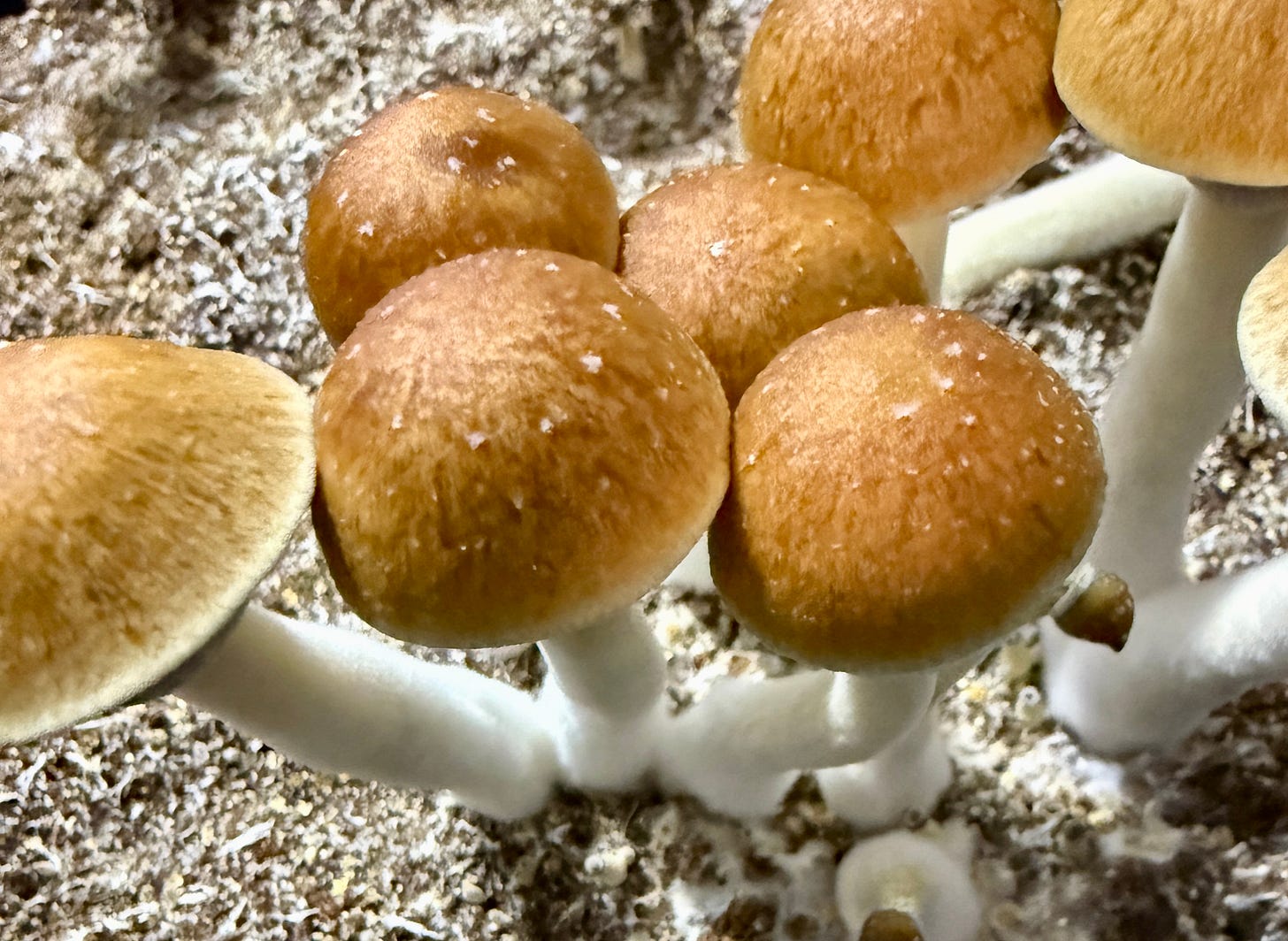The First Chapter of My New Book, Shroomies
Trigger warning: suicide.
I’ve been working on a book about psychedelics for the past year and I’m getting close to the home stretch. The book, Shroomies: Our Search for Happiness Through Modern Mycology, explores the history, science, business, and personal experiences surrounding psilocybin.
The book will feature conversations with experts, first-hand accounts from those using …



